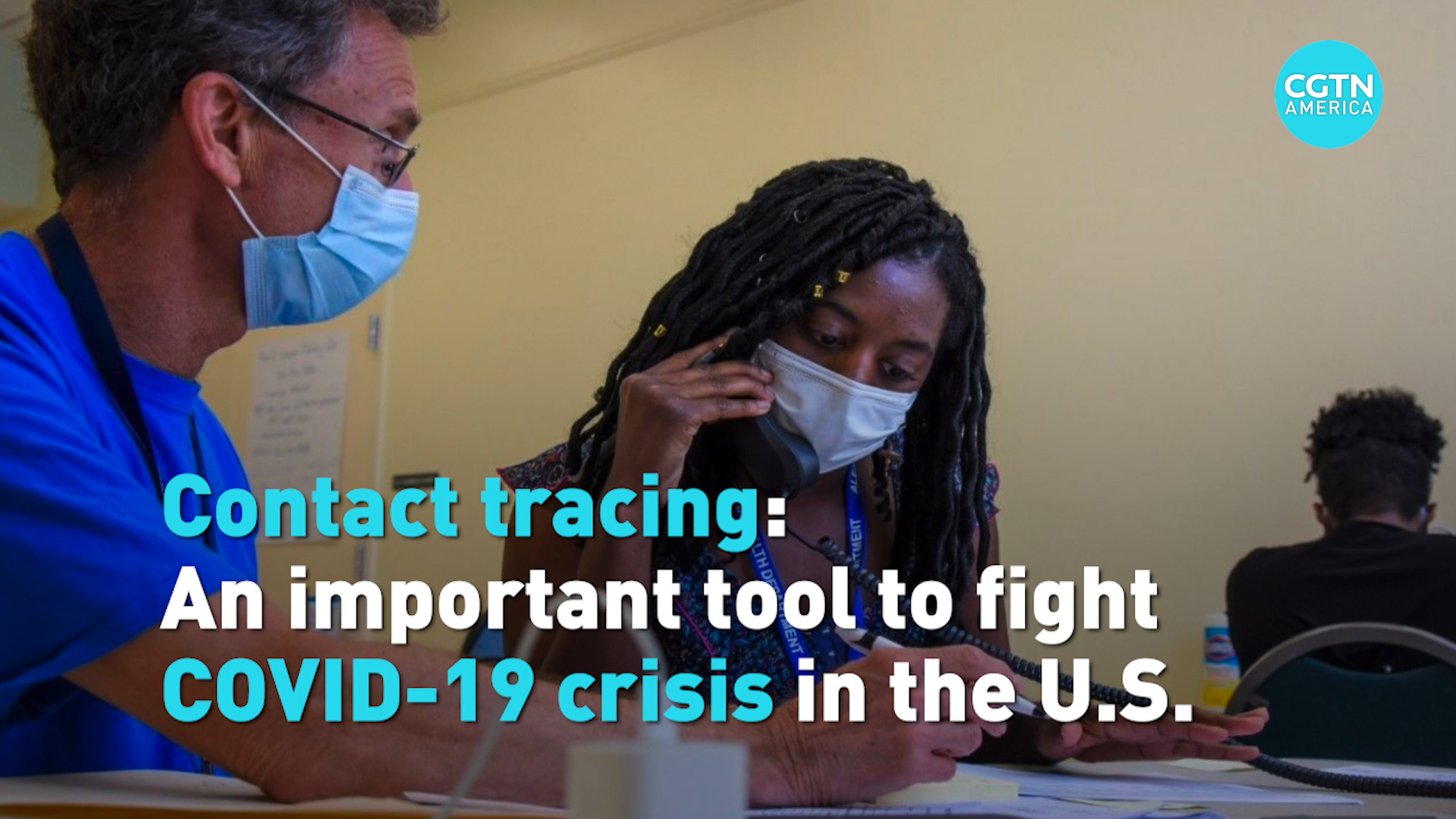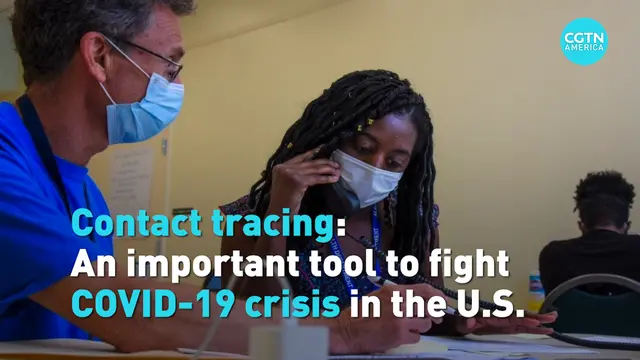02:50

In home offices across Colorado people are reaching out to strangers, those who've just tested positive for the coronavirus and those who've been in contact with them.
"I'm on the phone every day, I work seven days a week," said Rebecca Lyman, a contact tracer. "We usually plan for about 30 minutes to an hour for the phone call. Every case is different."
Epidemiologists have relied on contact tracing for years to determine how people infected with a disease were exposed to it and who, in turn, they exposed. It's a way to stop the chain of transmission.
"Contact tracing is an integral part of our COVID-19 containment strategy," said Sarah Tuneberg, Colorado's senior advisor for COVID-19 testing and containment.
Her program is among those across the U.S. rapidly adding tracers as the state tries to flatten the COVID-19 curve. The newly infected are provided the resources they need. Friends and family members who’ve been around them are told to monitor for symptoms and quarantine for 14 days.
"Nothing is ever really a surprise," Tuneberg said. "Most people are incredibly kind and incredibly graceful."
There's detective work involved. Far from everyone picks up the phone.
"You're almost a counselor at times," said Kristopher Holiday, Harris County, Texas Public Health's Contact Tracing Supervisor. "When you’re talking to people, you try to let them know that hey you're going to be okay and we're going to make it through this."
More than 800 AmeriCorps and Senior Corps members who volunteer or work for stipends will soon be part of the effort. They’ll undergo rigorous training, learn how to build rapport with those on the other end of the phone.
"How to have a difficult conversation with someone, how to be compassionate and empathetic during what is just an extraordinarily difficult time," said Ken Goodson, the Corporation for National Community Service's Rocky Mountain region administrator.
"It's important to be ready to listen in addition to asking these questions," Lyman said.
Contact tracing has its limits though. It’s less effective when there's exponential spread of a disease. And it only works if test results are obtained quickly, which has been a real problem in the U.S. lately.
"There's no point in doing contact tracing for a case that's 7 or 10 days old already, it's not helpful," Tuneberg said. "There is no silver bullet in COVID. Contact tracing will not keep us out of another wave anywhere in the world."
But it could make this wave of the coronavirus slightly more manageable. As after past disasters, many folks are signing up for community service jobs like these.
"Some of our hardest and most difficult moments in the human experience also bring out the best in human nature," Goodson said.
"It's busy but it’s important work," Lyman said.
Work that's largely under the radar but could make communities a little healthier during this turbulent time.
 简体中文
简体中文

